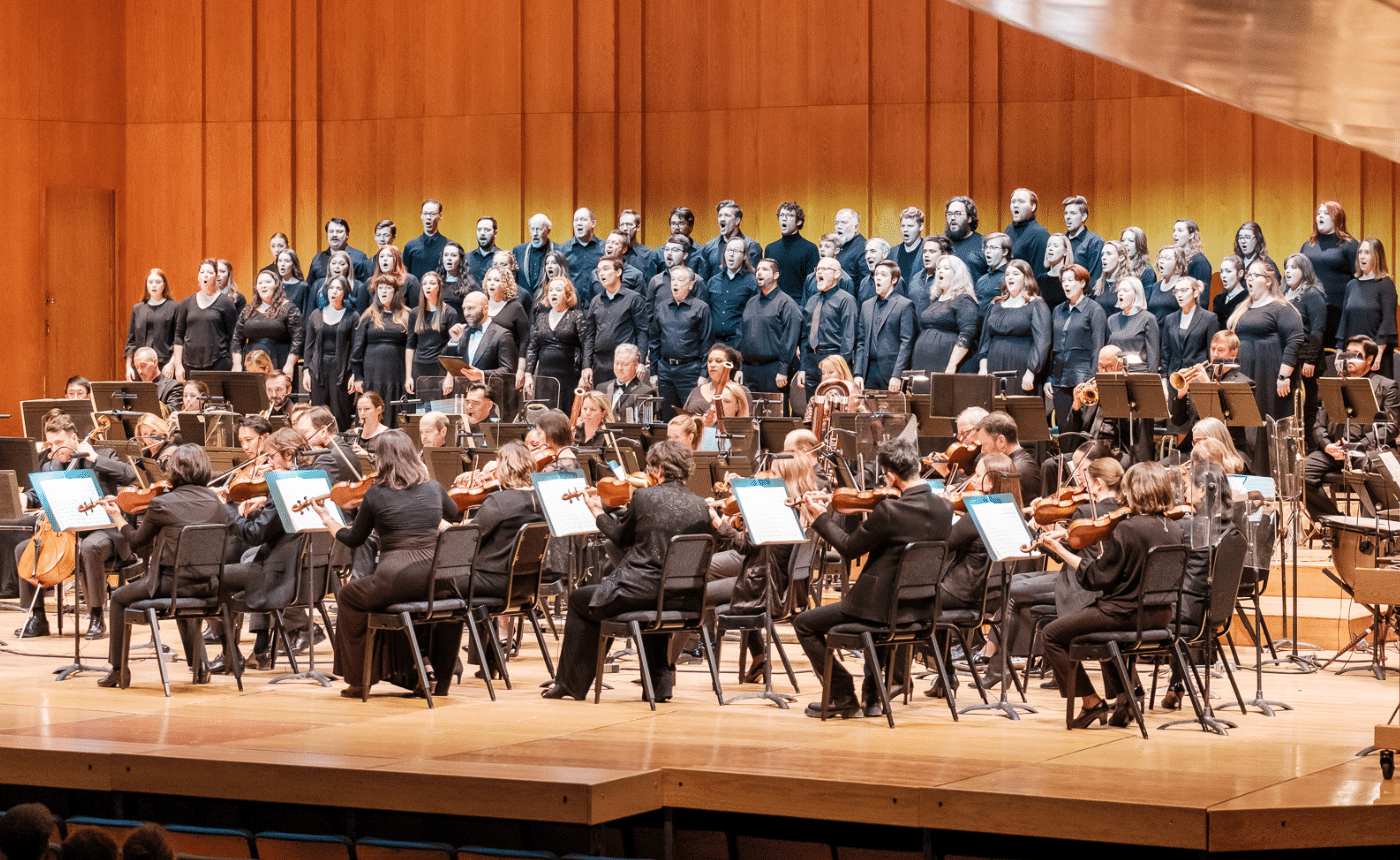PAULO COSTA LIMA: Oji – Chegança e ímpeto
by Jeff Counts
Duration: 8 minutes.
THE COMPOSER – PAULO COSTA LIMA (b. 1954) – As a renowned composer and scholar, Brazilian-born Paulo Costa Lima regularly explores the conflation of art and culture and the ways the politics of imperialism are reflected in both. It is through this post-colonialist lens that Costa Lima often uses music to resist the continued southward creep of European and American dominance. In doing so, his compositional voice toys with the juxtapositions of the intellectual and the emotional, the elite and the popular, the traditional and the modern. It also reflects a lifelong interest in Brazilian folk traditions (Afro-Brazilian heritage in particular) and a desire to reckon with what he calls the cultural plurality present in most contemporary South American art music.
THE HISTORY – Costa Lima’s program note (translated here by Alex Olegnowicz) for the world premiere states: “The work Oji – Chegança e ímpeto is structured around the metaphor the Atlantic crossing.” Taking the great musicologist Gerard Bèhague’s saying as inspiration, “…and that is how, through ethics and aesthetics, Africa civilized Brazil…,” this work imagines the crossing from its first moments with its departure rituals, its complex navigation, its whirlwind of contradictions, all entangled in a daro de lansã rhythm that appears in the high seas and leads finally to the no less fiery dance of arrival. This ends the Atlantic crossing yet establishes our own destiny and further contradictions on land, something that is suggested in the end by the noise of the wind machine. The whirlwind continues and, in this way, the famous couplet Iansã: Agbara nino afefe (the force within the wind) represents the active, irresistible force that moves all of the particles within the people, and reflects in us a utopian society and nation. Commissioned by OSESP (Symphony Orchestra of the State of São Paulo) in 2019, this work and its “whirlwind” were imagined in dialogue with Beethoven’s Symphony No. 6 (to which it refers). Its palette of gestures brings together transformations and derivations of Afro-Brazilian rhythmic patterns, variations of melodic gestures that suggest the “Ndemburê” song of Angolan tradition and an assortment of related textures and syntax (all informing the ongoing dialogue between African tradition and the habits of contemporary concert music). All of this allows an appropriate connection to the larger metaphor of the crossing. “I went through one door and went out through another; the Lord my King, tell me another…”
THE WORLD – Elsewhere in 2019, UK Prime Minister Theresa May resigned, The U.S. Women’s Soccer team won the FIFA World Cup, China landed a spacecraft on the dark side of the moon, and the first proven malaria vaccine was introduced in Malawi.
THE CONNECTION – These concerts represent the U.S. premiere of Costa Lima’s Oji – Chegança e ímpeto.











